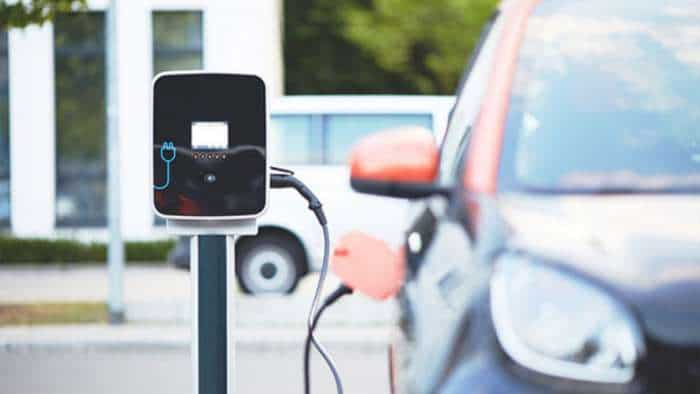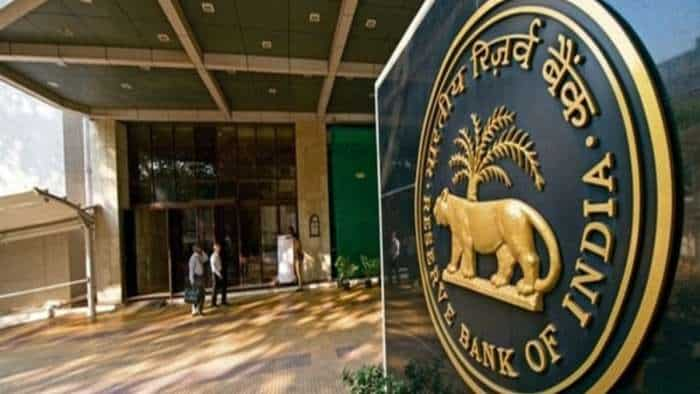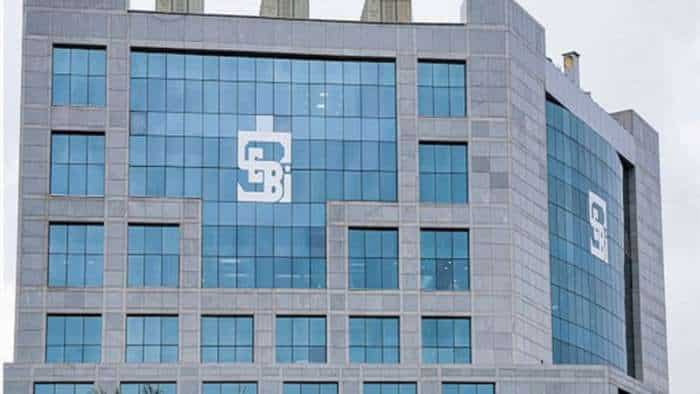Investors fear weakening rupee may affect solar tariffs: Study
"Most of the projects generally do not hedge rupee, given the short time frame between negotiation and delivery period. Therefore, any further depreciation in rupee will not just have an impact on the investor returns but also lead to increase in tariffs," Ind-Ra said in a statement issued here.

Investors are cautious in bidding for solar power projects, fearing that depreciation in rupee, if unhedged, may reduce their returns and in turn increase tariffs. This could be due to a significant exchange rate variation between the bidding and finalisation time for projects, says a report by India Ratings.
India imports about 90 per cent of its solar module requirements, which accounts for nearly 60 per cent of the project cost.
"Most of the projects generally do not hedge rupee, given the short time frame between negotiation and delivery period. Therefore, any further depreciation in rupee will not just have an impact on the investor returns but also lead to increase in tariffs," Ind-Ra said in a statement issued here.
According to ICRA, a rupee one increase in dollar-rupee exchange rate leads to a two paisa per unit increase in tariff.
"If the rupee depreciates to Rs 67 from Rs 65 between the time of tariff bidding and finalisation of terms of payment for module supply (which can easily extend to 6-8 months), the solar power developer will suffer an overall four paisa per unit reduction in margin, which is significant considering the modest margins for the developers," it said.
The exchange rate deteriorated five per cent year-on-year in May this year, when the bids were hovering around Rs 2.5 per unit.
The ministry of new and renewable energy awarded about 10,500 MW of capacity in FY18, when the rupee hovered around Rs 64-65 per dollar. The rupee has now depreciated to Rs 67-68.
Ind-Ra noted the recent round of auctions conducted by NTPC for 750 MW of solar power has witnessed winning tariffs of Rs 2.72-2.73 per unit.
WATCH ZEE BUSINESS VIDEO HERE
"If rupee depreciates to Rs 72 from the current around Rs 68, the developer will incur a loss of about eight paisa per unit until the actual payments, as currency fluctuation is not covered by the procurer under 'Change in Law' or any other clauses under the power purchase agreement (PPA)," it said.
Ind-Ra further said the developers may also opt for reducing direct current to alternating current overloading ratio due to increased module costs, thereby negatively impacting the project's generation performance.
"Also, any sharp fall in rupee could lead to delays in project execution, if the developer opts to renegotiate the module supply contracts to keep the costs at same levels as assumed for financial closure," it added.
Get Latest Business News, Stock Market Updates and Videos; Check your tax outgo through Income Tax Calculator and save money through our Personal Finance coverage. Check Business Breaking News Live on Zee Business Twitter and Facebook. Subscribe on YouTube.
07:59 AM IST











 Currency market update: Rupee settles 4 paise lower at 83.96 against US dollar
Currency market update: Rupee settles 4 paise lower at 83.96 against US dollar Rupee rises to 83.49 against US dollar in early trade
Rupee rises to 83.49 against US dollar in early trade Rupee slips to end at 83.52 vs dollar
Rupee slips to end at 83.52 vs dollar  Rupee slips to end at 83.52 vs dollar on Wednesday
Rupee slips to end at 83.52 vs dollar on Wednesday Currency Market News: Rupee opens on a flat note at 83.50 vs dollar
Currency Market News: Rupee opens on a flat note at 83.50 vs dollar